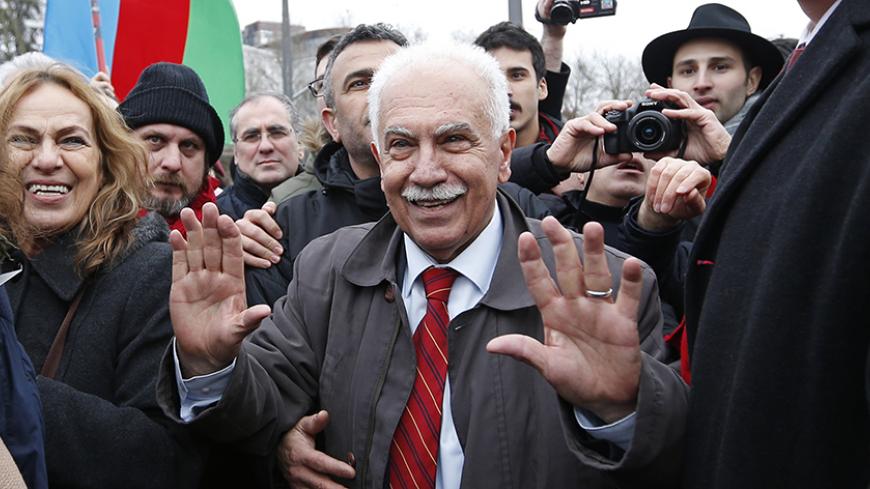Following the July 15 coup attempt, 93,000 civil servants were suspended from their duties in many of Turkey's public institutions; investigations are ongoing for 40,000 of them. The key question now is who will fill those vacancies, especially in the military and intelligence bureaucracies.
One hard reality is that the ruling Justice and Development Party (AKP), despite its 14 years in power, has not developed a senior bureaucratic team that deals with security and intelligence affairs. Hence, a power struggle was inevitable at the senior echelons of the National Intelligence Service (MIT), the Gendarmerie Command, the Ministry of Defense and the Turkish Armed Forces (TSK), where two distinct schools of thought or cliques are competing to fill the vacancies.



